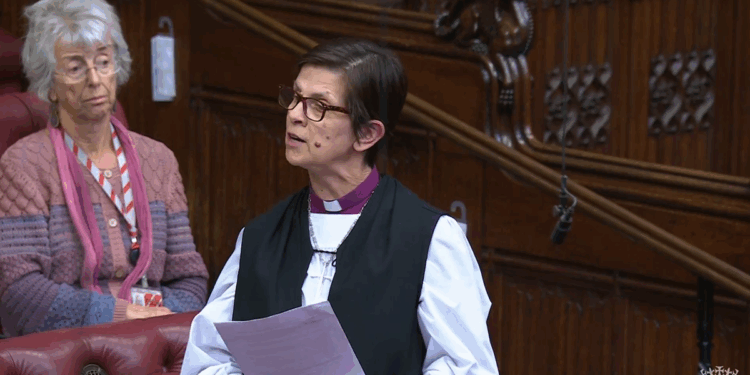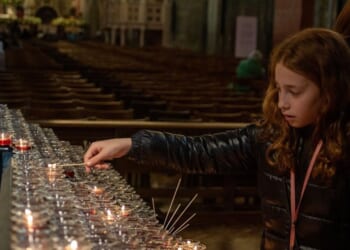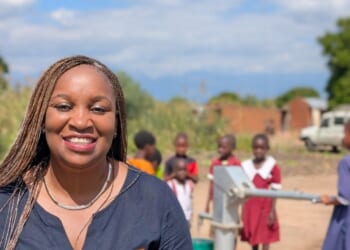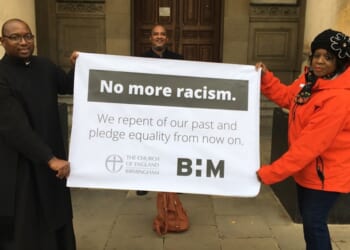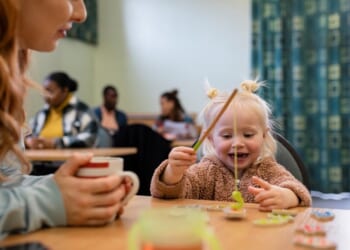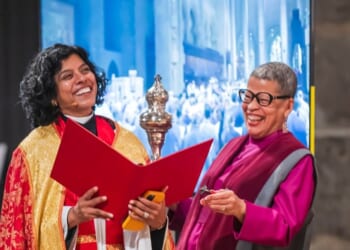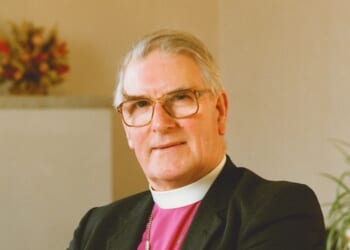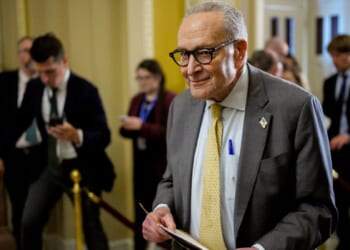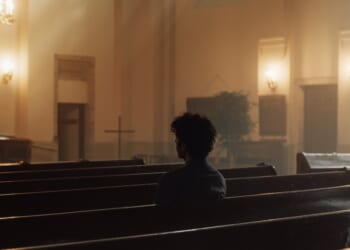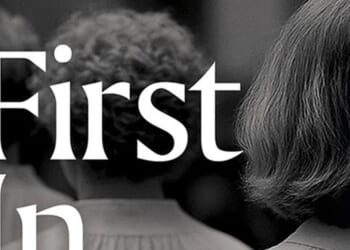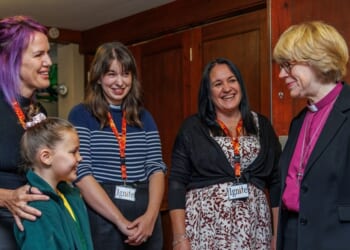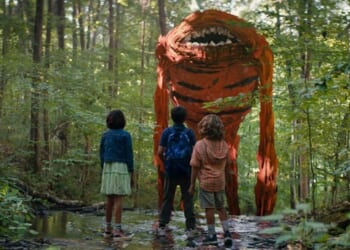THE Bishop of Derby, the Rt Revd Libby Lane, commended in the House of Lords last week “this Government’s mission to achieve safer streets and . . . particularly the aim of halving both knife crime and violence against women and girls in a decade”.
Speaking during the Second Reading of the Crime and Policing Bill on 16 October, Bishop Lane drew attention to “the Church’s statement in response to the debate in the [Commons] on the decriminalisation of women seeking abortion”. She explained that the Bishops of Gloucester and Manchester could not be present in the chamber but were following the debate closely.
As chair of the Children’s Society, Bishop Lane said that she was concerned how the Bill “risks criminalising children forced or coerced into criminal activity”, despite its “unwavering commitment to protect children from harm — including child sexual abuse — and to enable them to flourish”.
She said: “This is a challenging time and the obstacles are real.” She concluded with a commitment “to think creatively, compassionately and constructively in our collective scrutiny of this Bill”.
Child abuse was debated thoroughly, with comments on its legal considerations over time limits for reporting, and how offenders are managed. Baroness Benjamin (Liberal Democrat) said that she feared “that mandatory reporting will not be enough to create the culture of safeguarding this country so desperately needs”. She was keen for more training and greater accountability for “all those who work with children”, along with penalties for those “who fail to report”.
In her introduction to the debate, the government minister Baroness Levitt spoke of “not only our manifesto commitments but . . . the careful stock-take we have made of the important parts of our criminal justice system and our determination to improve the law where needed”. She pointed to neighbourhood policing, a clampdown on knife crime, and on violence against women and children, the creation of “a new offence of administering a harmful substance, including by spiking”, the criminalisation of certain violent depictions in pornography, and “some of the key recommendations of the Independent Inquiry into Child Sexual Abuse” as recommended by Baroness Casey’s review.
The Bill includes further measures to enhance police investigation of technology-enabled crime and “the powers they need to protect places of worship from intimidatory protests and protects specified war and other memorials, including the Cenotaph and the statue of Winston Churchill in Parliament Square, that have been the target of protest action”. Counter-terrorism is another area, with “a new civil order that will enable the police to intervene earlier to prevent young people engaging in terrorism and divert them from the criminal justice system”.
Several contributors spoke on how large the Bill was in its scope (“400 densely packed pages of legislation in 15 minutes”), with many opting to focus on one or two specific parts of it, such as abortion, which Lord Jackson of Peterborough (Conservative) termed “an extremely radical change . . . because of an ideological commitment to presenting abortion as a form of healthcare”. Baroness Hazarika (Labour) said that it was “absurd and wrong that in 2025 we are arguing whether a woman should have the right or the agency to choose what she knows is best for her body and her health”.
Baroness Coffey (Conservative) referred to Luke 17.2 in relation to mandatory reporting of abuse: “I appreciate that the Bishops are not present in the debate at this moment, but I am concerned about . . . when it comes to the confessional, and I would be interested to discuss this further with the Minister, perhaps outside the Chamber.” Baroness Grey-Thompson felt that “the confidentiality duties for religious and medical sectors remain open to interpretation or to possible future exemption” and that the Bill “falls short of the recommendations made in IICSA [Independent Inquiry into Child Sexual Abuse]”.
In summing up, Lord Hanson of Flint said of child exploitation, child sexual abuse and the IICSA implementation: “We are going to have a big debate on this. We are trying to meet the IICSA recommendations.” With abortion, he referred to “different pressures on that: some want that provision taken out and some want it maintained. The Government will remain neutral on this matter and facilitate whatever Parliament agrees and settles on in the end.”
The Bill was committed to a Committee of the Whole House.

